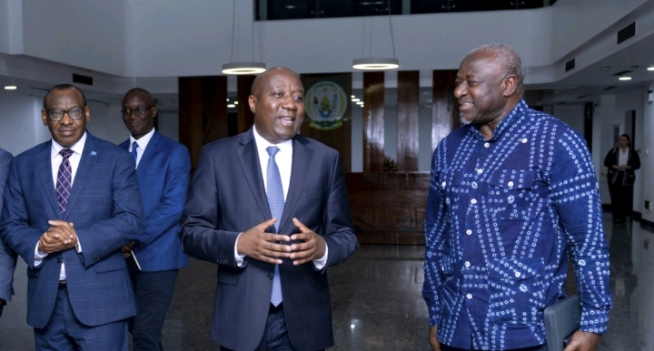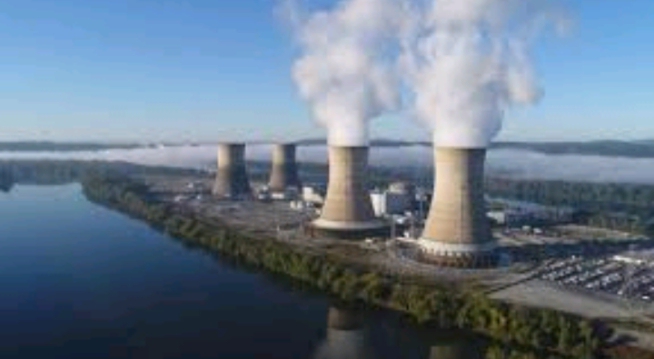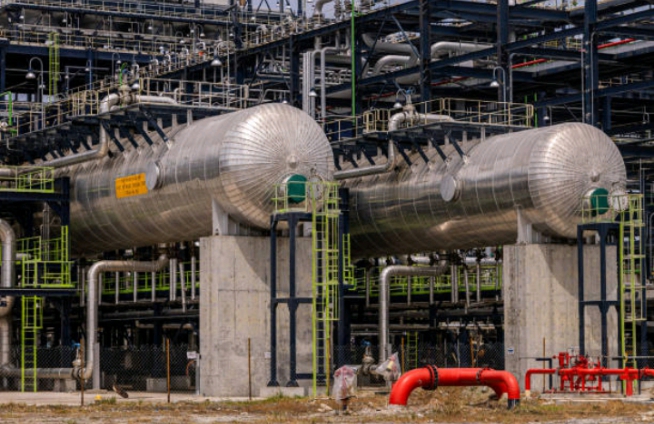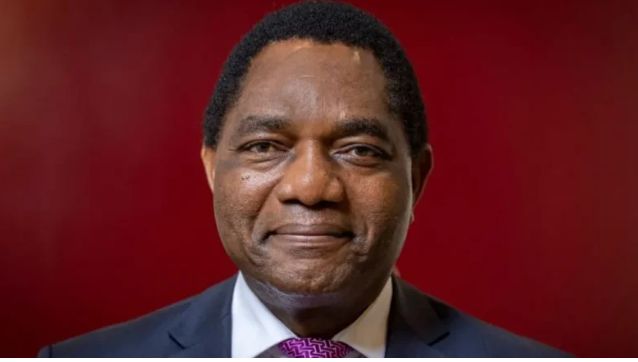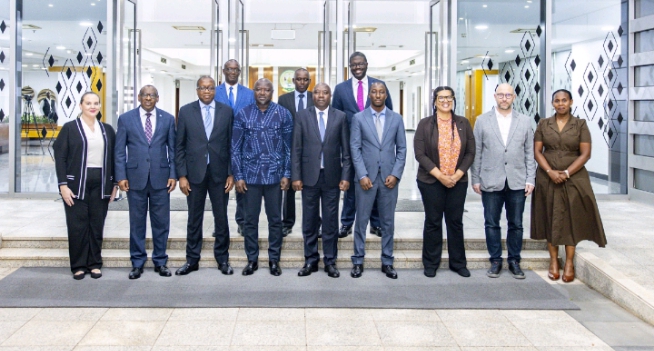
The Prime Minister, Dr. Edouard Ngirente, held discussions with a group of nuclear energy scientists led by Dr. Lassina Zerbo, returning to what is being done to start the production of nuclear power in Rwanda and it will be a model for other African countries.
Rwanda is one of the few countries that has an economy that is developing at a high speed, and there is an increase in the development of industries, including strong ones that have already taken root in the thousand mountains.
This leads to the need for powerful electricity so that industries can process their work and other activities at the desired speed.
The Chairman of the Board of Directors of the Rwanda Atomic Energy Agency (RAEB), who is an Energy Advisor and a member of the Board of Strategy and Programs in the Presidency of the Republic, Dr. Lassina Zerbo pointed out that Rwanda and Africa need energy to speed up economic and social development.
He said, “We are talking about electricity, but what we really need here is energy that accelerates the development of the economy and welfare in this country and that is what President Kagame wishes for Rwanda and the continent so that Rwanda would be a model for this issue on the African continent.”
Dr. Zerbo concluded that a country without electricity meant that there would be no industry, and development would be delayed.
He said, “Looking at the business companies that are coming to invest in Rwanda today, they need electricity. No electricity no industry. While all the energy used in Rwanda is electricity, there is no capacity to power the industry. We know that many years ago there was a company that wanted to establish a glass factory because here you have the basic equipment but there is no energy to satisfy.”
He added, “What you need now is to have the technology that will bring the use of nuclear energy safely to our countries so that it can be done effectively in our countries.”
The Minister of Infrastructure, Dr. Jimmy said that during the two-day talks, they were discussing the possibility of investing in nuclear energy production in African countries.
He said, “We talked about the obstacles that prevent financial institutions from financing nuclear energy projects, what can we do as Africans to remove these obstacles, especially since nuclear energy is a clean energy that does not pollute the atmosphere?”
“So now we’re looking at climate change, [this nuclear energy] will help us a lot because in the next 25 years we’ll need 10 times more electricity than we have today and we know the currents we have, we know where to get the electricity from,” he added. that it is not enough for us to get that fire, so we see that nuclear energy is one of the things that will help us to be self-sufficient in energy in the years to come.”
He stressed that the country wants to have electricity from nuclear power in the next 10 years, but everything will go along with the development of technology.
He said, “We would like to have it in the next 10 years, that’s the goal, but there are other things people are looking at, where is the technology? Because the nuclear industries that we see as suitable for the country are small and medium reactors. in the future we will have it.”
Nuclear power plants operate in 32 countries, generating more than 10% of the world’s electricity.
As South Africa produces 8,154 gigawatt hours (GWh) of nuclear power, South Korea produces 171,640 GWh, and the United States produces 779,186 GWh and these energies are among those that have helped them accelerate their development.
